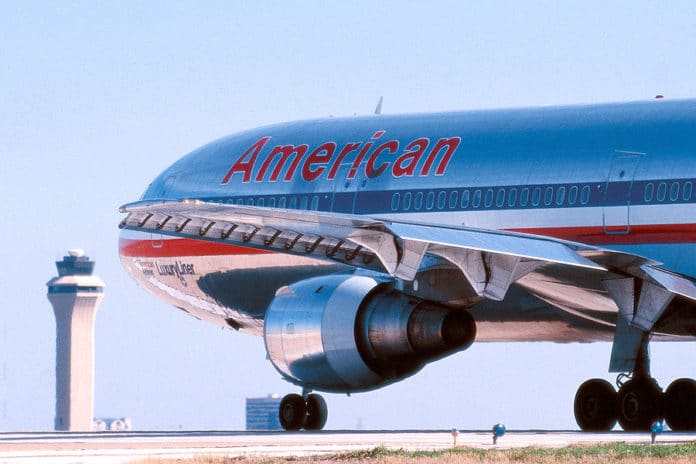North Texas business and political leaders, along with others in the state, have asked the U.S. government to reopen aviation-treaty talks with Qatar and the United Arab Emirates (UAE), saying that their airlines receive improper government subsidies.
“If U.S. based airlines continue to lose market share, it will lead to service cuts and ultimately American job losses. … Each route that is lost … will result in an average net loss of 821 good U.S. jobs,” Fort Worth Mayor Betsy Price wrote in a letter to U.S. Secretary of State John Kerry and the Texas congressional delegation. “These are jobs that we cannot afford to lose, and they should not be lost as a result of unfair competition from foreign carriers.”
Global airlines buoyed by a record profit forecast are grappling with how to mend a rift between the largest U.S. carriers and their rivals in the Persian Gulf.
The annual general meeting of the International Air Transport Association began June 8 in Miami with a prediction for 2015 earnings to soar almost 80 percent to $29.3 billion. Within hours, Qatar Airways said the U.S. airlines were mounting a protectionist threat, and IATA’s chief acknowledged the pressures unleashed by the dispute.
“It’s no secret,” Director General Tony Tyler said. “There is underlying tension in our industry.”
His comment underscored how the trade group is trying to tiptoe around the U.S.-Gulf spat. American Airlines Group, Delta Air Lines and United Continental Holdings – as well as the ad hoc group of North Texas officials – want the U.S. to reopen aviation-treaty talks with the United Arab Emirates and Qatar on grounds that Emirates, Etihad Airways PJSC and Qatar Airways get improper government subsidies.
“Any rollback of liberal market access and Open Skies policies will reverberate across the whole world and lead to retaliation,” Qatar Airways Chief Executive Officer Akbar Al Baker said during the IATA’s opening session. The Gulf trio has denied receiving any unfair assistance.
American CEO Doug Parker, whose airline is a partner with Qatar Airways in the Oneworld alliance, said he met with Al Baker in Miami and “we have a disagreement on this point.”
“It has nothing to do with protectionism,” Parker said. “It is about being able to compete against airlines, not governments.”
The North Texas coalition joins 262 members of the U.S. House of Representatives, including eight of the 10 U.S. House of Representatives from North Texas, as well as mayors of multiple major U.S. cities, the U.S. Hispanic Chamber of Commerce, and several business, trade and economic groups around the country that have voiced concerns with the Gulf carriers’ subsidies.
The action is delicate, though, as airports, such as Dallas/Fort Worth International Airport, receive income from the UAE and Qatar-based airlines that fly routes here. Price and Dallas Mayor Mike Rawlings sit on the airport board.
As airline officials grumbled among themselves, the mayors of Dallas and Fort Worth led a D/FW Airport delegation to Europe from June 6-13. The mission focused on developing business relationships and travel connections. Meetings were held in the United Kingdom and Germany.
Leading the mission are Fort Worth’s Price, Dallas’ Rawlings, D/FW Airport Board of Directors Chair Lillie Biggins, D/FW Airport Board Member Bernice J. Washington and D/FW Airport CEO Sean Donohue. Meetings are scheduled in the United Kingdom and Germany.
– Bloomberg contributed to this report.








